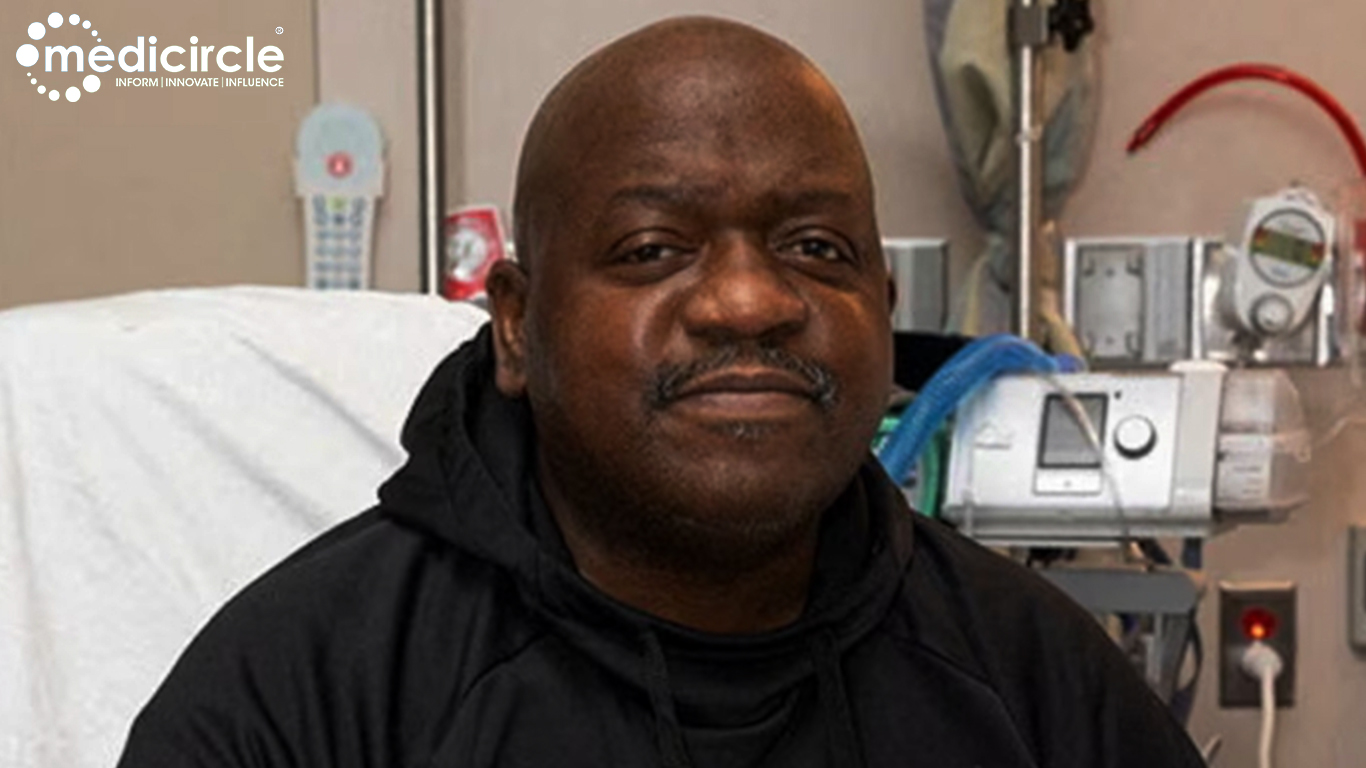The American Red Cross now faces a severe blood shortage due to an unprecedented number of blood drive cancellations in response to the coronavirus outbreak. Healthy individuals are needed now to donate to help patients counting on lifesaving blood.
As the coronavirus pandemic has grown here in the U.S., blood drive cancellations have grown at an alarming rate. To date, nearly, 2,700 Red Cross blood drives have been canceled across the country due to concerns about congregating at workplaces, college campuses and schools amidst the coronavirus outbreak. These cancellations have resulted in some 86,000 fewer blood donations. More than 80 percent of the blood the Red Cross collects comes from drives held at these locations.
Volunteer donors are the only source of blood for those in need
The Red Cross expects the number of cancellations to continue to increase, which is causing heightened concern for blood collection organizations and hospitals across the country. This blood shortage could impact patients who need surgery, victims of car accidents and other emergencies, or patients suffering from cancer.
"I am looking at the refrigerator that contains only one day's supply of blood for the hospital," said Dr. Robertson Davenport, director of Transfusion Medicine at Michigan Medicine in Ann Arbor. "The hospital is full. There are patients who need blood and cannot wait."
"As a nation, this is a time where we must take care of one another including those most vulnerable among us in hospitals," said Gail McGovern, president and chief executive officer, American Red Cross. "One of the most important things people can do right now during this public health emergency is to give blood. If you are healthy and feeling well, please make an appointment to donate as soon as possible."
The Red Cross is Committed to Blood Drive Safety :
"We understand why people may be hesitant to come out for a blood drive but want to reassure the public that blood donation is a safe process, and that we have put additional precautions in place at our blood drives to protect the health of safety of our donors and staff," said McGovern.
The Red Cross has implemented new measures to ensure blood drives and donation centers are even safer for our donors and staff, including:
Checking the temperature of staff and donors before entering a drive to make sure they are healthy.
Providing hand sanitizer for use before the drive, as well as throughout the donation process.
Spacing beds, where possible, to follow social distancing practices between blood donors, and Increasing enhanced disinfecting of surfaces and equipment.
At each blood drive and donation center, Red Cross employees already follow thorough safety protocols to help prevent the spread of any type of infection, including:
Wearing gloves and changing gloves with each donor.
Routinely wiping down donor-touched areas.
Using sterile collection sets for every donation, and
Preparing the arm for donation with an aseptic scrub.
There is no data or evidence that this coronavirus can be transmitted by blood transfusion, and there have been no reported cases of transfusion transmission for any respiratory virus including this coronavirus worldwide.
Blood Donation Process :
To donate blood, individuals need to bring a blood donor card or driver's license or two other forms of identification that are required at check-in. Individuals who are 17 years of age in most states (16 with parental consent where allowed by state law), weigh at least 110 pounds and are in generally good health may be eligible to donate blood. High school students and other donors 18 years of age and younger also must meet certain height and weight requirements.

 Nearly 2,700 Red Cross blood drives have been cancelled across the country due to coronavirus concerns, resulting in some 86,000 fewer blood donations
Nearly 2,700 Red Cross blood drives have been cancelled across the country due to coronavirus concerns, resulting in some 86,000 fewer blood donations



























.jpeg)






